In the beginning, there was the Narrative, the story being told. Then things got complicated.
Genre (n): categories (and subcategories) of Narratives that have similar technique, style, form, and/or content
The two broadest divisions of genre are Fiction and Nonfiction.
Fiction (n): the class of literature comprising works of imaginative narration, especially in prose form.
Nonfiction (n): the branch of literature comprising works of narrative prose dealing with or offering opinions or conjectures upon facts and reality, including biography, history, and the essay
In short, Fiction is a Narrative that is imagined. It is, at least in part, made up by the writer. Nonfiction is a Narrative that is (mostly) an account of events that actually occurred, or opinions on those real events. Nonfiction is history; Fiction is a work of the imagination, Narrative dwelling in the great What If.
Genre may be specific to the length of the Narrative as well, so here are the different definitions of story length:

Ok. Ready to define some genres? Let’s begin!
NOTE: This is not a perfect list. We will be updating it as we go. Please let us know if we’ve missed something, or if you see any inconsistencies in the definitions, spelling, structure, grammar, etc.
Action/Adventure: Action/Adventure stories include lots of activity, and high-concept effects. Historically, these were aimed at male readers, but this is no longer the case. Action/Adventure stories are fast-paced, designed for pure audience escapism, and primarily plot driven. Elements may include: a quest, lots of physical action, exotic locales, etc. Themes for action may include: Revenge (hero wants revenge against wrongs done to him); Savior (hero will save the day in the form of a protector); Superhero (larger than life protector with exceptional powers and prowess as well); the Underdog (a misjudged, perhaps underestimated hero, who may have no realized exceptional power). Themes for Adventure may include: Discovery (the hero finds something thought impossible to prove the existence of); Expeditions (the hero is venturing into the unknown); Treasure Hunts (the hero is searching for something, a fortune in gold or an rare icon). Adventures are filled with risk and the unknown, something outside the ordinary experience and that may be hazardous. (Ex. Indiana Jones, James Bond). Today’s Action/Adventure might also include such heroine-focused adventurers as Lara Croft.
Source: writeworld.org
You might also like:
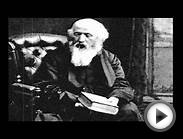
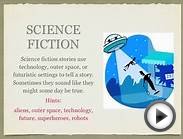
|
Splatter Movies: Breaking the Last Taboo : A Critical Survey of the Wildly Demented Sub-genre of the Horror film that is changing the face of film realism forever Book (FantaCo Enterprises)
|
|

|
Carson Dellosa Literary Genres Bulletin Board Set (3473) Office Product (Carson-Dellosa)
|
Related posts:
- Literature genres for children
- Literature genres for students
- Literature genres chart
- Literature genres in the Bible
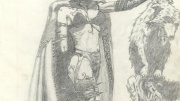




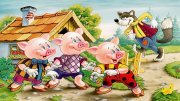

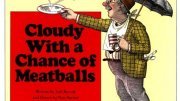
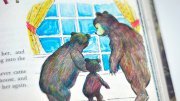















Genres are kinds or sorts of books or literature. Most general division of works of fiction is their division into epic works (that is, mostly, prose - and epic poetry (long poems, e.g. the Iliad)), lyric works (poetry, e.g. love poems) and drama (plays for the theatre - they are now mostly written in prose but used to be written in various metrical poetic systems). Prose in itself is subdivided into genres. An example of a genre is a novel - a long story with a complicated plot (storyline) and many different characters. Novels can be classified into subgenres. thus, if a novel shows it…